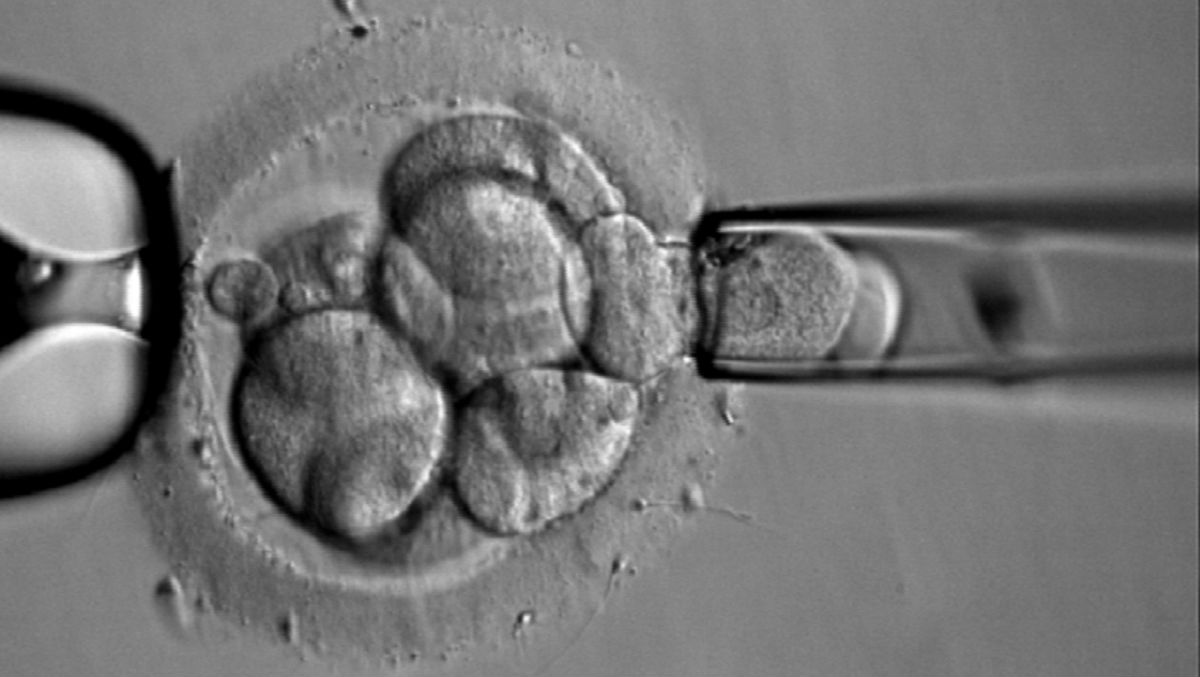
US company offers IVF risk test for low intelligence
Not part of a slippery slope, says IVF expert
An American genomics company is negotiating with IVF clinics to provide a risk test for embryos with intellectual disability. Genomic Predictions claims that it can offer prospective parents a risk profile for a range of conditions, like breast cancer, diabetes and low intelligence, which are caused by the interaction of several genes.
Nathan Treff, a co-founder of the company, told The Times (London) that this is an extension of screening that currently exists for conditions such as Down’s syndrome. “Chromosomal abnormalities are already evaluated,” he said. “For complex disorders, though, we have to evaluate the entire genome in order to get the risk. The very extreme end of risk, the opposite of intellectual ability, is intellectual disability. There is a potential to avoid that condition by selecting an embryo that does not have it.”
The company’s system does not identity the disabilities in a particular embryo. Instead it gives the risk of predisposition to diseases. It claims to be the first to identify polygenic risk scores for embryos rather than adults.
In theory, the same technology could be used to select for high intelligence. But Genomic Predictions claims that it will only offer it for “mental disability”, although another co-founder, Stephen Hsu, told New Scientist: “If we don’t do it, some other company will.”
In fact, Hsu, who is also vice president for research at Michigan State University, has a background in the genetics of high intelligence. He and the third co-founder Laurent Tellier have been working on a project in China to sequence the genomes of mathematical geniuses, hoping to find the genetic basis of IQ.
The idea could be popular with IVF clinics. Simon Fishel, a well-known IVF specialist in the UK, told The Times, “It’s always about balancing the good versus the potential for bad. We had this argument when PGD [pre-implantation genetic diagnosis] was originally introduced. Without a shadow of a doubt it’s been lifesaving”. He doesn’t believe that the possibility of selecting against embryos with intellectual disabilities is part of a slippery slope. “Cognitive disability is a health issue. We’re not talking about whether we need to make more intelligent people in society,” he said.
But not everyone was in favour. Lynn Murray, spokesperson for Don't Screen Us Out, told the New Scientist: “If we consider inclusion and diversity to be a measure of societal progress, then IQ screening proposals are unethical. There must be wide consultation.”
Creative commons
https://www.bioedge.org/images/2008images/FB_embryo_testing.jpg
genetic testing
ivf
- How long can you put off seeing the doctor because of lockdowns? - December 3, 2021
- House of Lords debates assisted suicide—again - October 28, 2021
- Spanish government tries to restrict conscientious objection - October 28, 2021
